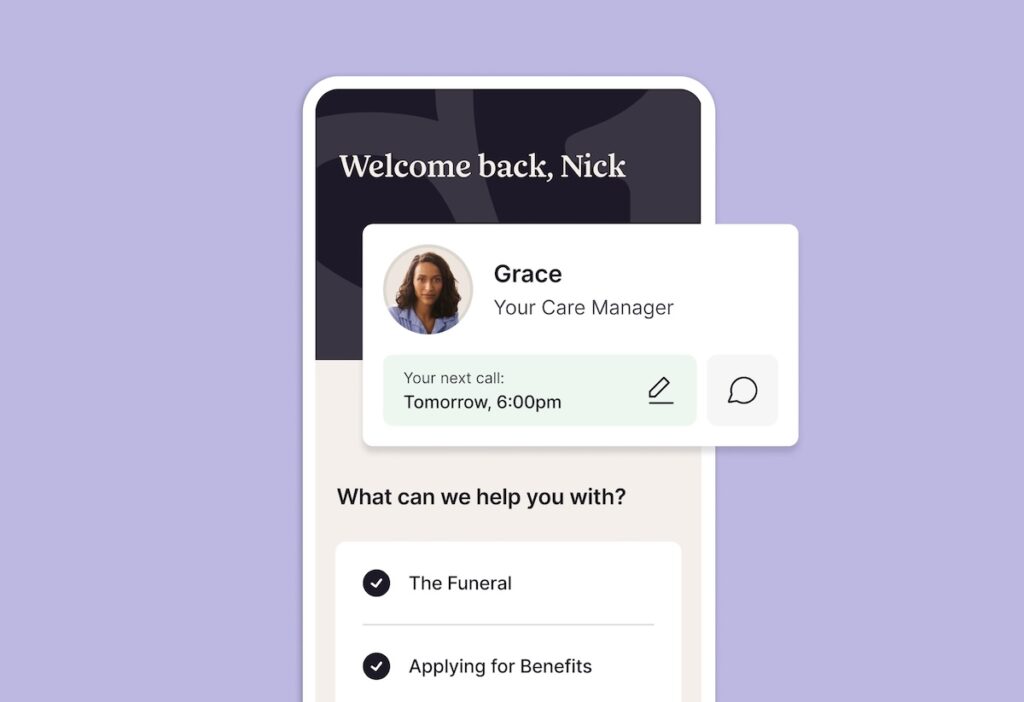Grief hurts on a cellular level.
The latest: A new study used epigenetic clocks to measure the impact of loss on biological age, aka how well the body’s cells function.
Researchers found that losing an immediate family member resulted in higher biological age, while experiencing over two losses sped aging even more — a finding that may also help explain racial health disparities.
Heart-driven. The impact of adverse childhood experiences on health outcomes is widely accepted. New research proves that without proper support, adults also suffer.
Shouldering responsibility, startups are creating tools to help people navigate loss.
- Empathy has raised $90M for its app, which supports users through emotional, administrative, and financial challenges of bereavement.
- UK-based Untangle helps people cope with live support groups, virtual therapy, and holistic wellness resources.
- DayNew’s “360-degree healing platform” offers community, plus personalized roadmaps toward post-traumatic growth.
AI-led. Another approach, financially troubled StoryFile creates conversational AI replicas of loved ones — but some experts warn “ghostbots” perpetuate unhealthy avoidance.
Adding concern, studies show judging and suppressing negative emotions rather than processing them raises risk of mental health struggles and premature death.
Punchline: Tech can’t cure grief, but it can ease the logistical burden, deliver specialized counseling, connect people with community, and—hopefully—curb its impact on health.






